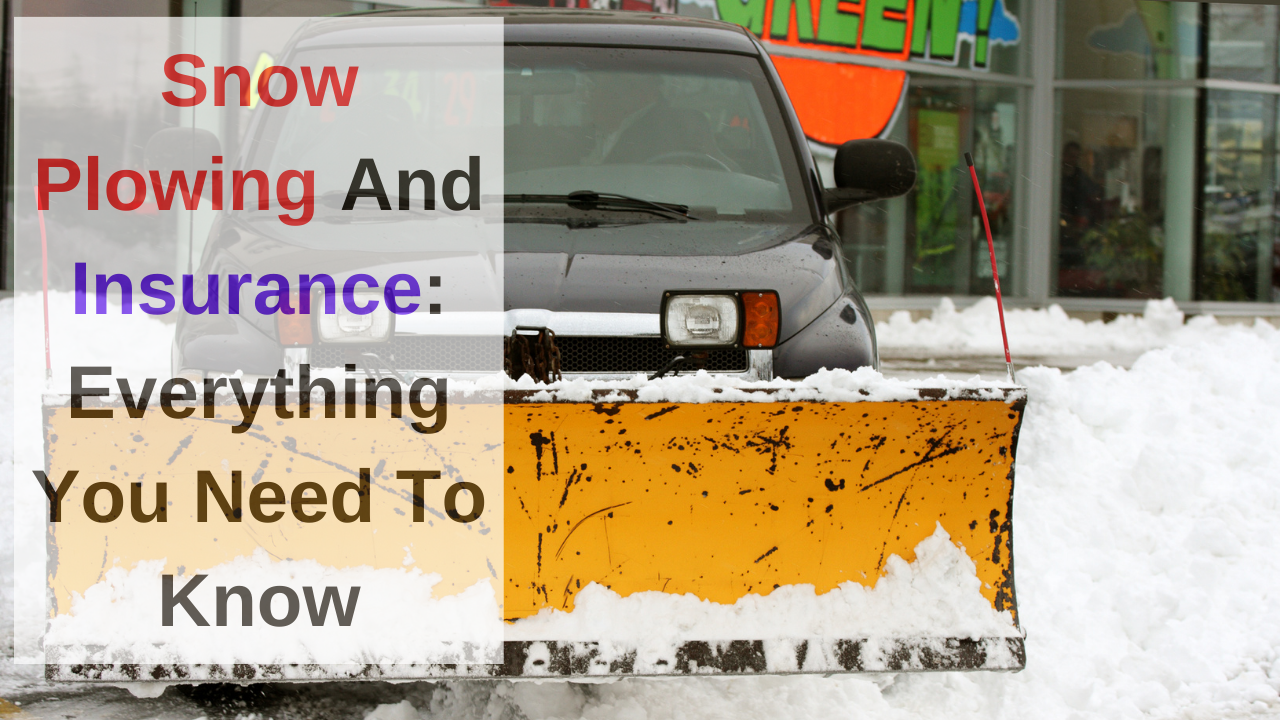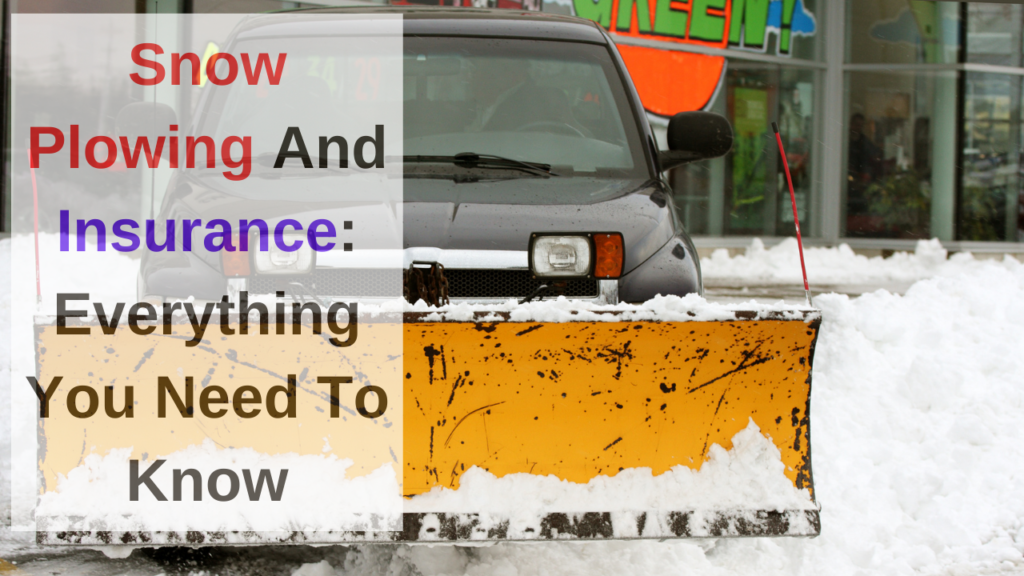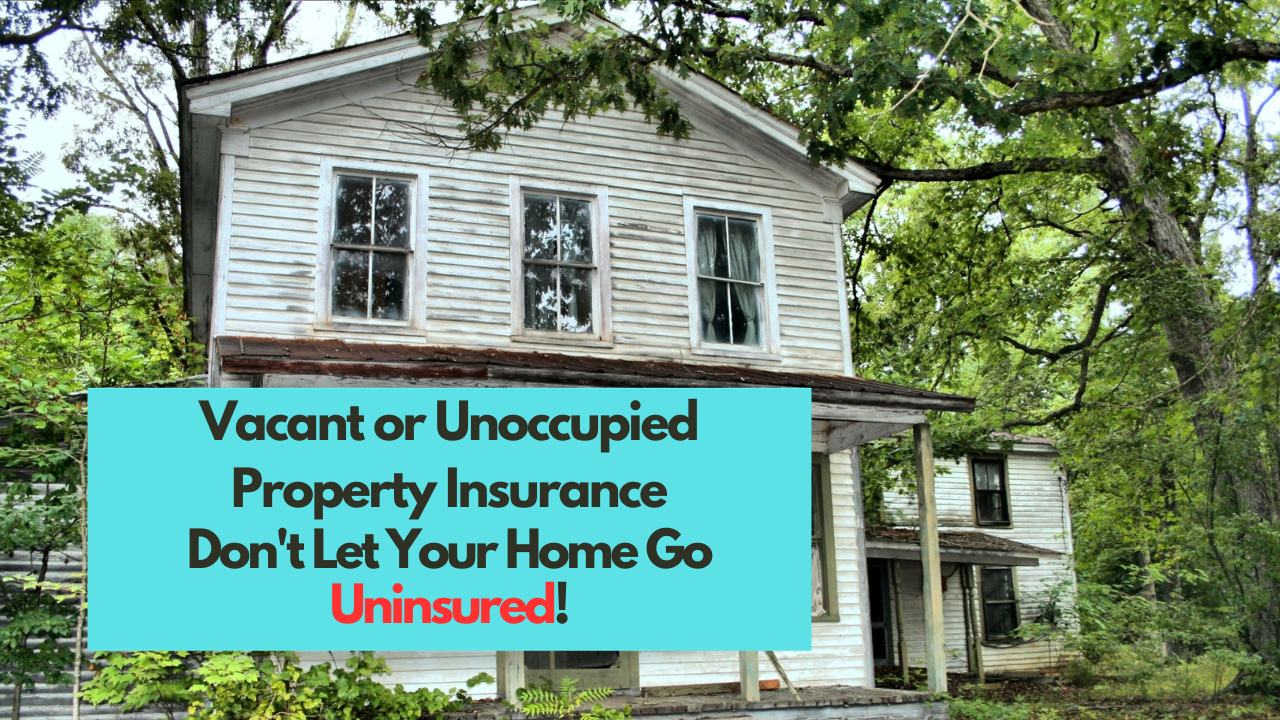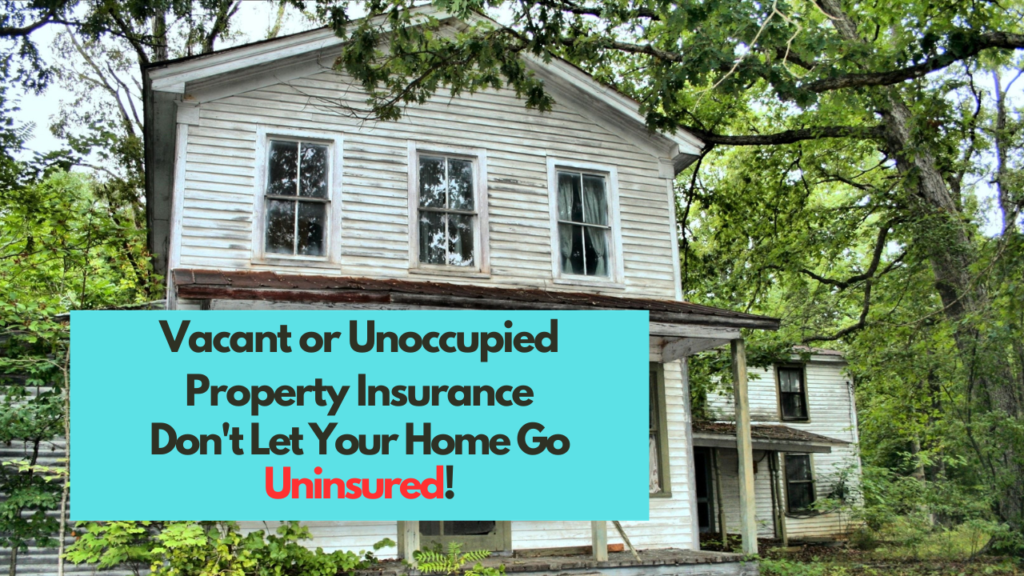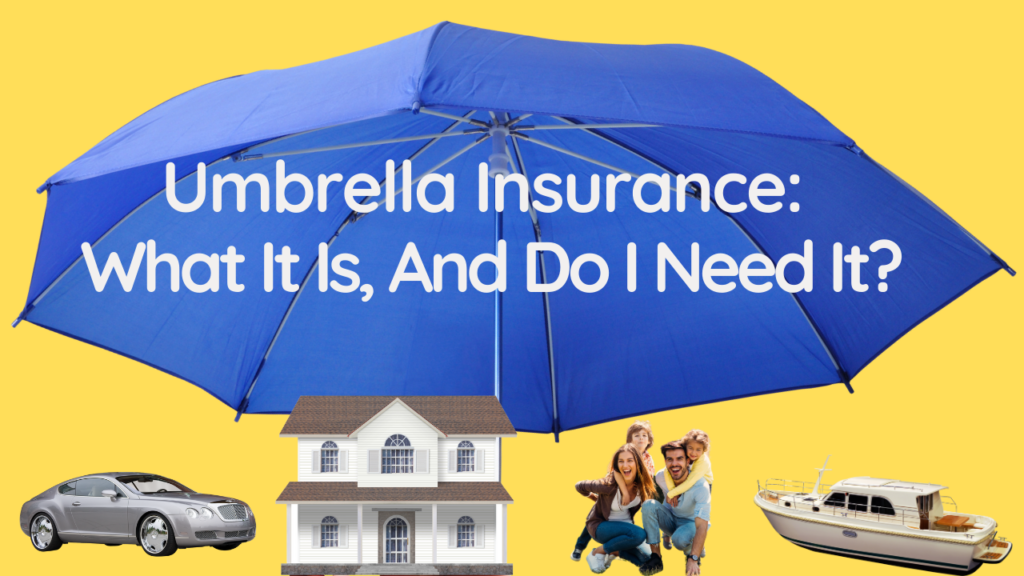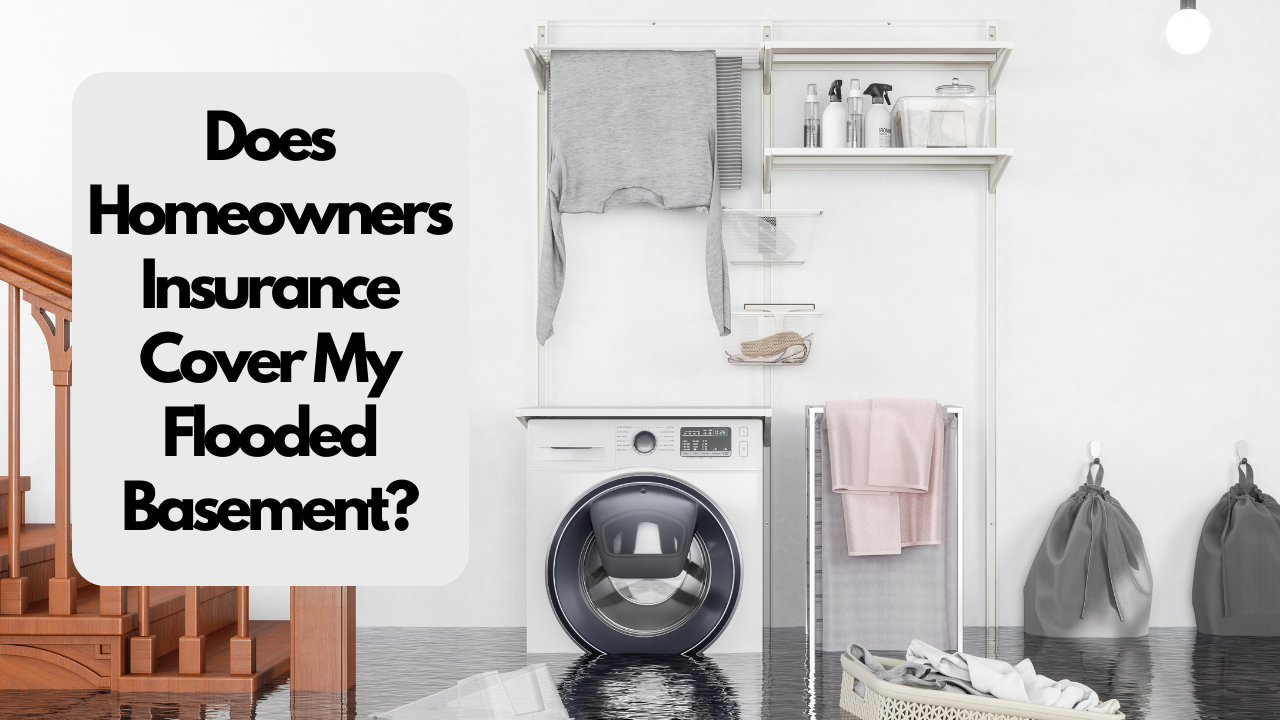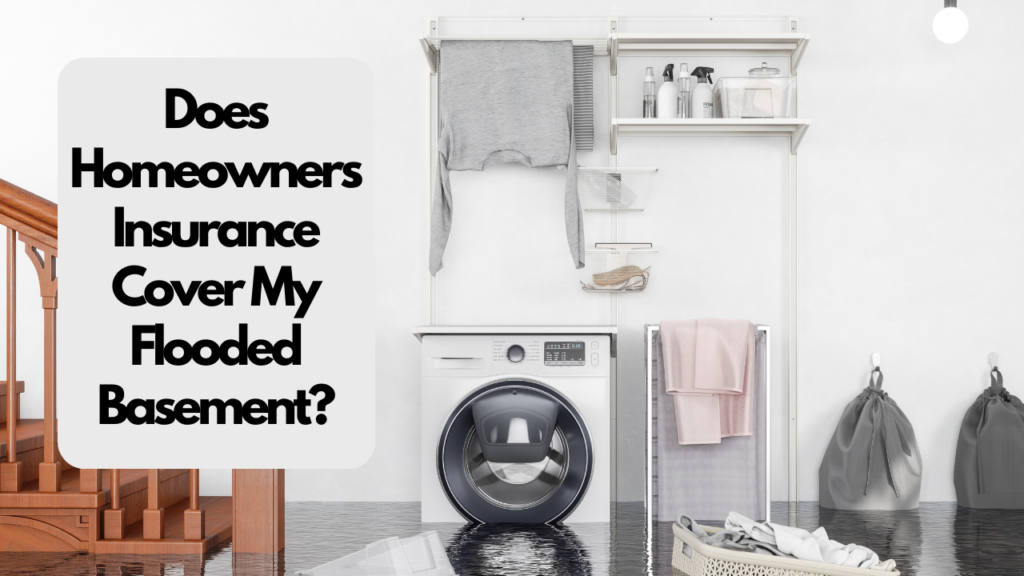Everything You Need To Know About Homeowners Insurance

Homeowners insurance keeps you and your house safe from covered losses. The coverage depends on the policy you choose. We will explain what you need to know, how to select your coverage, and how to compare quotes from various companies.
To get a home insurance quote, you need to know your home’s replacement cost.
You don’t need to know the exact cost, just some information.
Comparing quotes from different companies is the best way to choose the right coverage.
Vargas & Vargas Insurance makes this easy by comparing quotes from many local and regional financialy sound insurance companies.
Home insurance rates vary based on individual factors and can cost from $500 to over $2,000 per year.
How To Get A Homeowners Insurance Quote?
Start by checking with your car insurance provider, but don’t stop there. Bundling policies can save you money. But remember, this company may not always be the best or cheapest choice.
Choose Who And How You Want To Buy A Homeowners Insurance Policy From
You can get a home insurance quote in three ways.
Independent insurance broker, with multiple insurance companies we offer comparison quotes and are always flexible and we work for you and not any one insurance company.
Captive insurance agent, (also known as a direct agent), who you can contact online, over the phone, or in person. This option offers personal help but may be more expensive and won’t give comparison quotes.
Online comparison marketplaces l allow you to compare multiple quotes at once.
No matter your chosen method, you will need certain information to receive a homeowners insurance quote.
To Obtain A Quote For Home Insurance, Certain Information Is Required
- Full property address
- Is the home your primary, seasonal or secondary residence?
- Year built
- Square footage
- Number of stories and bathrooms
- Presence of detached structures like a shed or garage
- Roof and exterior wall materials
- Presence of wood stoves or fireplaces
- Pet information
- History of home insurance claims
- Notable renovations or updates
- Presence of safety information like smoke detection, burglar alarms or security cameras
- Number of full-time residents in the home
- Updates to the electrical, roof, heating systems
It’s okay if you don’t possess all the necessary information about your house, as your insurance broker can retrieve most of it from various sources.
Choose Your Coverage Type And Riders
When determining the cost of your homeowners insurance, all insurance companies use the replacement value of your home. This value is based on the cost of rebuilding your home in the event of a complete loss, and is not affected by the real estate market or demand.
While you don’t need to know the exact value of your insurance needs, insurance companies can use your address to provide basic policy options, and may even verify the replacement cost coverage through a home inspection.
The main decision you’ll have to make is how you want your home and belongings to be covered, with options ranging from basic coverage that takes depreciation into account, to more comprehensive coverage that includes a replacement cost guarantee for both the building and its contents.
What Is Covered By A Named Peril Policy
Your homeowner’s insurance policy will explicitly name all the hazards and threats that it covers. However, this type of policy is less comprehensive as only events listed on the policy will be covered. Any damage caused by events not listed may not be covered. The following events are typically covered in a named peril policy:
- Fire
- Lightning
- Theft
- Vandalism
- Windstorms and hail
- Damage caused by vehicles
- Damage from aircraft
- Weight of ice, snow and sleet
- Freezing of household systems
- Riots
- Explosions
- Falling objects
- Volcanic eruptions
- Water damage: overflow or discharge
- Damage from artificially-generated electrical current
- Sudden tearing, cracking or bulging of home
What Is Not Covered By A Standard Home Insurance Policy
These are referred to as exclusions, and can be added to your home insurance policy as a rider for an additional cost.
- Enforcement of building codes and similar laws
- Earthquake
- Flooding
- Power failures
- Neglect (failure to take reasonable steps to protect your property)
- War
- Nuclear hazard
- Intentional acts
Do You Need To Increase These Coverage Limits
If you have valuable personal property in your home, you may need to consider getting more extensive coverage than the standard coverages mentioned above. To do so, you can add an endorsement to your insurance policy, which is a change to the policy that can either add or remove coverage. If you have items of high value that exceed the coverage limit, it’s advisable to add an endorsement to your policy.
- $200 limit on money, gold, coins
- $1,500 limit on jewelry, watches, furs
- $1,500 limit on watercraft, trailers
- $2,500 limit on firearms
- $2,500 limit on silverware
- $2,500 limit for on-premises business property
- Variable limit on electronics
Your personal liability and dwelling coverage work the same way. We suggest getting liability limits that match or exceed your household’s net worth to protect your assets in a lawsuit. Setting a high limit will prevent you from using up your insurance coverage and losing assets.
Your dwelling coverage should be at least 100% of your home’s replacement cost. Some companies may offer up to 150% coverage. As long as it’s 100% or more, you’ll have enough coverage.
Do You Need Replacement Cost Coverage On Your Contents
Your home insurance policy covers your belongings based on their current cash value. If you get a replacement cost rider, it will cover the cost of replacing your belongings instead.
Actual cash value (ACV) is how much it would cost to replace something based on its current value. Replacement cost is how much it would cost to replace something based on its current market value. Let’s use a 5-year-old TV as an example.
If you have a homeowners policy with ACV, you would get the current value of your 5-year-old TV, which may not be enough to buy a new TV. This is because TVs can depreciate up to 40% every year.
If you have a replacement cost policy, your insurance company would cover the cost of a new, similar 65 inch TV. We recommend getting replacement cost coverage because you may have to pay out of pocket with ACV.
Your Local Independent Insurance Broker
Get all of your insurance with Vargas & Vargas Insurance.
We’re an independent broker working with top companies across the US. We’ll do the shopping for you and give you multiple quotes. Compare rates, companies, and coverage options side-by-side. Ask questions directly from our local team. Buy your favorite insurance policy through us. It’s all free!






